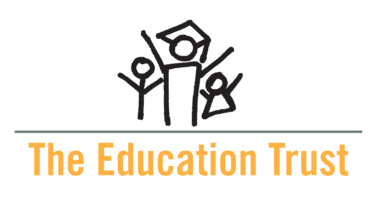Higher Participation in School Breakfast Goal of New Alliance
WASHINGTON (March 4, 2014) - Skipping breakfast leaves children at an academic disadvantage. Students experiencing hunger have slower memory recall, are more inclined to repeat a grade, and are more likely to have behavioral or attention problems. To increase the number of children starting the day with this important meal, five of the nations leading education organizations and the Food Research and Action Center (FRAC) announced today their support for greater participation in the School Breakfast Program so that all kids have the resources they need to be successful.
The Breakfast for Learning Education Alliance aims to encourage schools and states to adopt successful strategies to increase school breakfast participation, such as Breakfast in the Classroom.
Increasing participation in school breakfast has a positive impact on student achievement, attendance, behavior, and health. “Therefore, as groups that are committed to improving educational outcomes for all of America’s children, we are working in partnership to increase the number of students who eat school breakfast so that they start their school days ready to learn,” said the Alliance in a statement issued today. “Our goal is to pursue the best interests of students, level the academic playing field, and create a clear pathway to success for all of our nation’s children.”
While participation in school breakfast has increased in recent years, the program still only reaches half of low-income students who could be eating this valuable meal. A report issued earlier this year by the Food Research and Action Center found that for every 100 low-income children eating school lunch, only 51 ate school breakfast. Schools and states, however, that shifted serving breakfast from the cafeteria and into the classroom saw dramatic increases in the number of children eating school breakfast.
Members of the Alliance include: the Food Research and Action Center; The Education Trust; the National Association of Elementary School Principals (NAESP) Foundation; the National Education Association Health Information Network (NEA HIN); National PTA; and AASA, The School Superintendents Association. Additional education organizations are expected to join in the coming weeks.
Together, the members of the Alliance will work to promote successful breakfast strategies by hosting webinars, developing materials, and utilizing our networks to create a platform that will raise the visibility of school breakfast and its positive effects on the learning environment.
###











